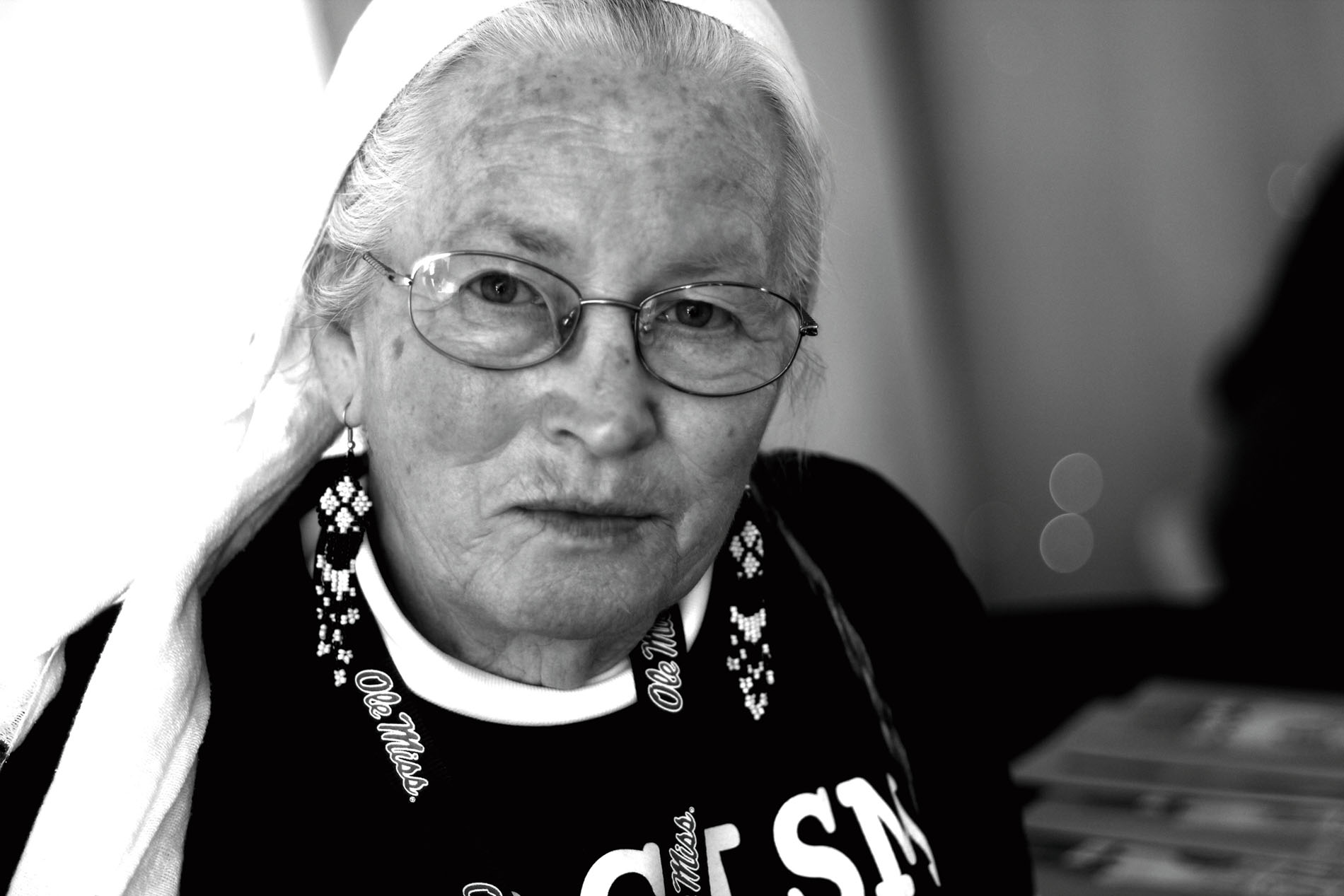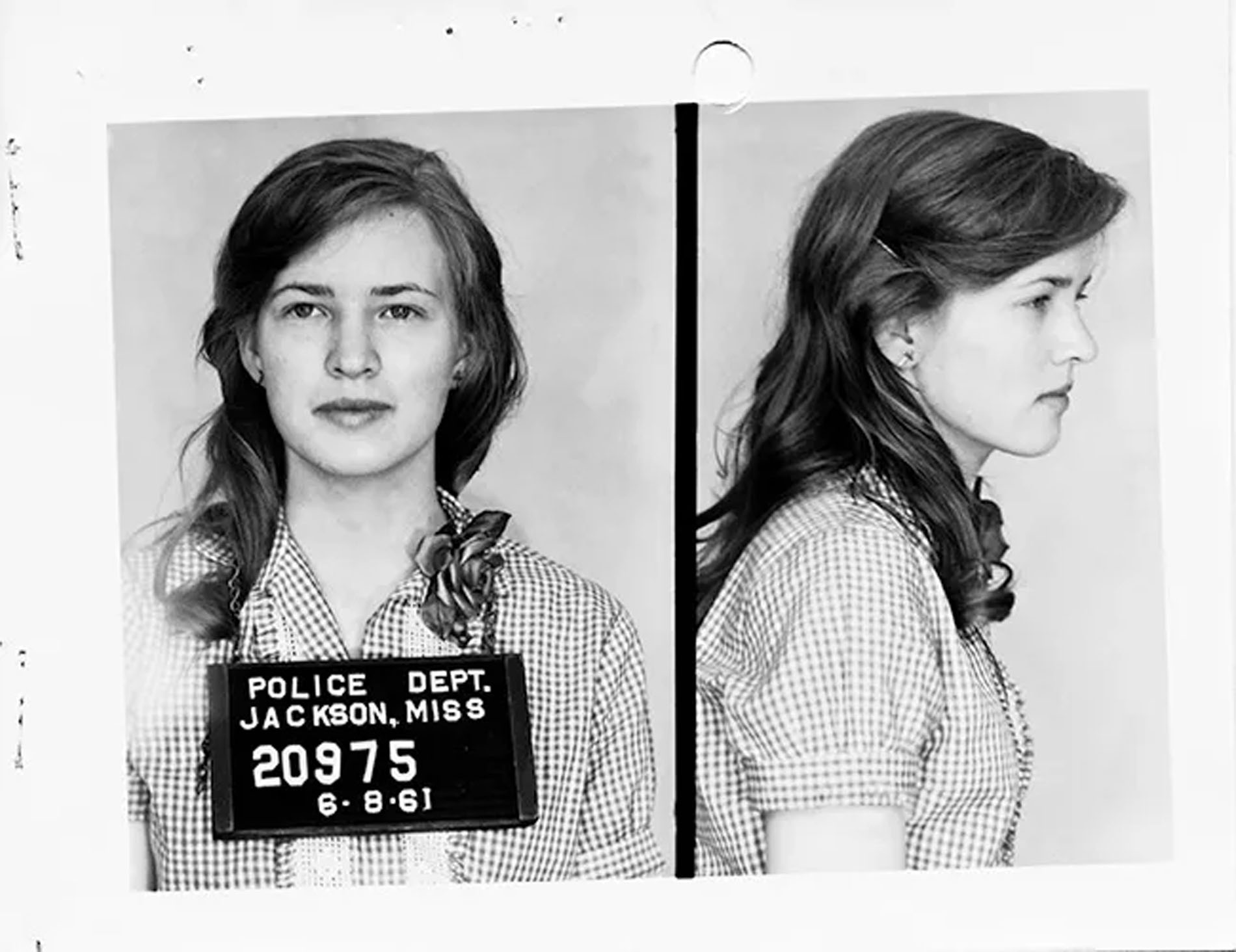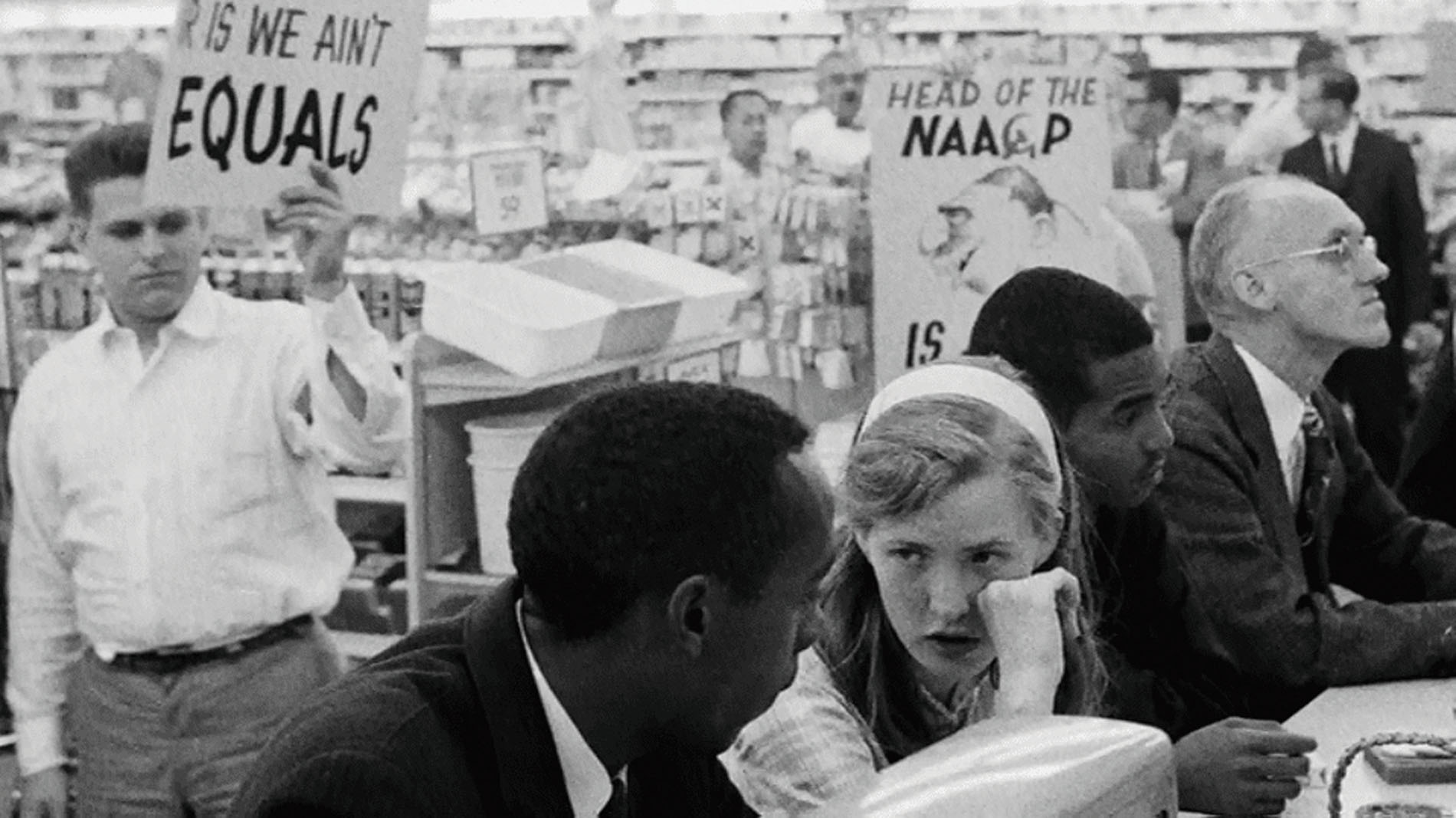Joan Trumpauer Mulholland knows something about courage.
“You should not waste any time on fear. Fear paralyzes your brain and keeps you from thinking what you need to be doing in a situation. It doesn't do you any good. It gets you killed,” she says.
Mulholland speaks from experience. In the early 1960s, the former Freedom Rider was one of America’s most wanted. Her face appeared not on an FBI wanted poster but on one issued by the Ku Klux Klan. “I could have been killed,” recalls Mulholland, 82, in the documentary “An Ordinary Hero,”which her son Loki directed. “I never saw the poster, but I’ve talked to people who have. … When somebody was killed [by the Klan] their face was x-ed out. Mine never got x-ed out.”

The petite brunette Joan Nelson, from Arlington, Virginia, participated in her first of many sit-ins while she was a freshman at Duke in 1960. She made her stand for civil rights by joining Black students from North Carolina College (now North Carolina Central University) at an S.H. Kress & Co. five-and-dime store. She and another white Duke co-ed sat among the Black students in the “whites-only” area and refused to leave until the Blacks were served. She was arrested and briefly jailed.
As a Freedom Rider traveling on an interstate bus to challenge local segregated seating laws, she was convicted of “breach of peace” and served two months in the Mississippi State Penitentiary in Parchman. She withstood abuse from American Nazi Party members at an Arlington drugstore sit-in. At a Jackson, Mississippi, sit-in, a thug manhandled her. Only after she was dragged outside did a police officer help her.


Joan Trumpauer Mulholland's Jackson, Mississippi, mugshot after a sit-in arrest. At right, her freshman yearbook photo.
On one ominous occasion, Klan members waylaid her and other civil rights workers in a car near Conway, Mississippi.
“We just knew we were going to die,” says Mulholland. “We talked about it, and none of us were petrified. We just knew we were going to die that night.”
She believes her confidence arises from her Christian faith. “I mean, Jesus died on the cross,” she says. “We’re all going to die sooner or later. It's just a matter of when and how.”
As a Duke freshman in 1959, she attended Presbyterian youth group meetings. “To me this whole concept of love thy neighbor as thyself – and then we’re going to have segregation. This whole double standard to me just went completely against the teachings of the church.”
At those meetings she learned of civil rights demonstrations in downtown Durham. Greensboro sit-ins electrified the nation in February 1960. Durham activists followed suit. At first, Nelson picketed. Then, in May, she participated in the sit-in at Kress.
When Mulholland returned to campus, Dean of Undergraduate Women Mary Grace Wilson was waiting for her and the other woman who had taken part. She ushered them into her office and locked the door.
“She jiggled her keys and pointed to the phone, like, ‘You aren’t getting out of here until you call your folks,’” recalls Mulholland. Her mother’s reaction? “Mama was not happy. Let’s put it that way,” she says.
After her freshman year she married and changed her name to Trumpauer. She transferred to Tougaloo College in Jackson, Mississippi, where she was one of its first white students. After earning a history degree, she returned to Arlington, remarried and had five sons – Bino, Django, Geronimo, Jomo and Loki. All, she says, were named after people who overcame hardships.
Today, she is still a fighter. “‘We’ve still got a mighty long way to go,’ as the gospel song says. Pick the problem that bothers you the most,” she says. “Get together with friends who agree with you, and take your initiative to the street or the lunch counter.”
